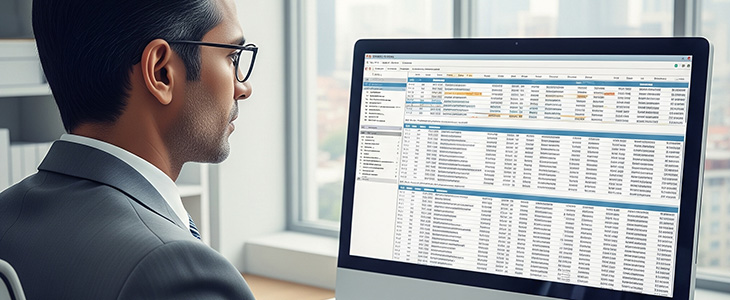Step 6 of the TaxFitness Process: The Tax Strategy Database, it’s where real advisory value begins. If you’re serious about delivering credible, compliant, and profitable tax planning, you need more than a few tips and templates. You need a proven, structured, and accountant-ready system. Here’s what powers the TaxFitness platform: 200+ tax strategies with step-by-step implementation 18 ATO obligations built…
Read More »Tax compliance is a legal necessity, but tax planning? That’s where real financial impact happens. Yet, many businesses overlook this powerful tool—leaving thousands of dollars in tax savings on the table. A structured tax planning process helps reduce tax, increase cash flow, and protect assets. Here’s how it works: The 10-step tax planning process Understand…
Read More »Why AI tax planning is a game-changer Access 250+ proven tax strategies AI scans a vast, legally compliant database to find the best ways to reduce your clients tax burden. Custom-tailored to your situation. No one-size-fits-all! AI analyses your clients real financial data to match strategies to their goals, income and business. More than just…
Read More »If an employee or investor uses their home office for work or investment-related purposes, they can claim 67 cents per hour under the fixed rate method. The 67 cents per hour covers energy expenses (electricity and gas), phone usage (mobile and home), internet, stationery, and computer consumables. No additional deductions are allowed for costs covered…
Read More »Small businesses can receive a bonus 20% deduction on eligible expenditure supporting digital adoption. Eligible expenditure includes: digital enabling items, such as hardware, software, systems and services that form and facilitate the use of computer networks. digital media and marketing. e-commerce. The tax incentives apply to expenditure incurred from 29 March 2022 until 30 June 2023…
Read More »Wikipedia defines a cryptocurrency (also known as crypto-currency, or crypto) as a digital currency designed to work as a medium of exchange through a computer network that is not reliant on any central authority, such as a government or bank, to uphold or maintain it. Bitcoin was created in 2009 by Satoshi Nakamoto as the…
Read More »The Treasury Laws Amendment (Electric Car Discount) Bill 2022 proposes to remove Fringe Benefits Tax (FBT) on eligible cars provided by employers to current employees for private use. The exemption applies under the following circumstances: To eligible electric vehicles first held and used after 1st July 2022. To cars with a purchase price below $84,916…
Read More »Division 7A is an ATO integrity measure to ensure that private companies don't make tax free distributions of profits to shareholders or shareholders' associates in the form of payments, loans and debts forgiven. These rules only apply where the companies have retained profits. Under Division 7A shareholders or associates who receive payments or loans from…
Read More »A fully maintained associate lease is an agreement where an associate of the employee (typically spouse or partner), leases a fully maintained car to the employee's employer. Under the fully maintained operating lease, the associate agrees to incur and pay for the vehicles' running costs (e.g. fuel, repairs, insurance, and registration). The employer then provides…
Read More »A taxpayer can claim a deduction for the cost of travel to obtain tax advice. This travel includes: Using a taxpayer's vehicle to visit their accountant's office. This can be calculated on a cents per km basis. Out of pocket transport costs incurred, such as airfare or taxi fare. Accommodation and meals incurred visiting their tax agent. (This…
Read More »"You’d be stupid not to try to cut your tax bill and those that don’t are stupid in business"
- Bono: U2













